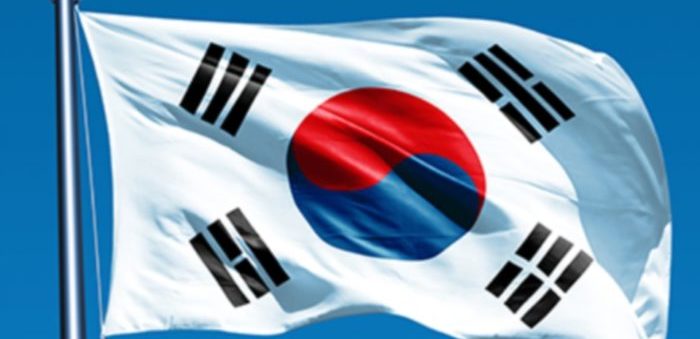In November, South Korea’s Supreme Court ordered major Japanese manufacturer Mitsubishi Heavy Industries Ltd. to pay damages to two groups of South Koreans for wartime labor.
Tokyo protested immediately against the two rulings which set a clear precedent for similar cases involving Japanese companies. The rulings affect the relationship between South Korea and Japan that are often strained by issues of wartime history.
According to local news, Japan insists that the issue over wartime labourers, some of whom were recruited or forced to work, has been settled under the bilateral 1965 treaty that established diplomatic ties between the two countries. Tokyo asserts that issues relating to property and claims between the two countries and their peoples have been settled “completely and finally”.
But the top court rulings clarify that the rights of victims of forced mobilisation to seek compensation was not terminated by the accord as it is predicated on Japan’s “illegal colonial rule,” a reason that was, also, expressed by the court against Nippon Steel & Sumitomo Metal Corp case.
[smlsubform prepend=”GET THE SAFETY4SEA IN YOUR INBOX!” showname=false emailtxt=”” emailholder=”Enter your email address” showsubmit=true submittxt=”Submit” jsthanks=false thankyou=”Thank you for subscribing to our mailing list”]
The latest rulings supported the decisions by lower courts that ordered Mitsubishi Heavy Industries to pay damages to two groups, each consisting of five South Korean plaintiffs, over their labor in Japan during World War II.
On the other hand, Mitsubishi Heavy Industries on a press release stated that these rulings are deeply regrettable, as they violate the 1965 agreement and are contrary to the view of the Japanese government and the final and binding judgements of the Supreme Court of Japan.
Furthermore, Mitsubishi adds that they will take appropriate measures while maintaining communication with the Japanese government about this issue.






























































